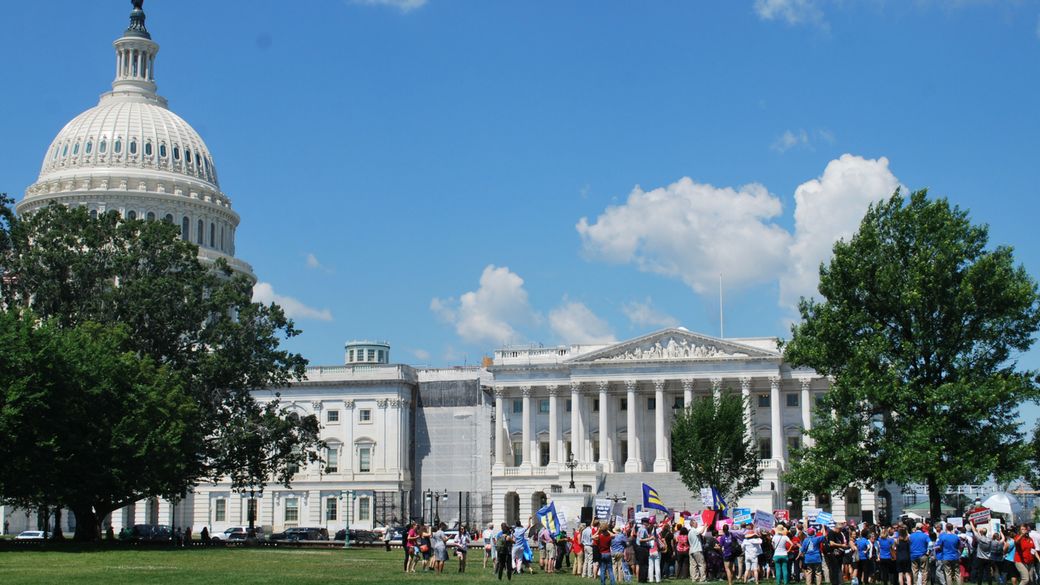Independence Day & Religious Freedom
Today is Independence Day in the United States. As commemorate the adoption of the Declaration of Independence in 1776, let us also remember the "first freedoms."

The Fourth of July in the United States, commemorating the adoption of the Declaration of Independence in 1776, is a time to remember “first freedoms”: freedom of religion, free speech, freedom of assembly, freedom of the press, and freedom to petition.
In the Bill of Rights, the right to religious freedom is the very first listed and declares: a) a prohibition on the establishment of a state religion (i.e., the establishment clause); and b) to worship – or not – according to one’s own religious beliefs (i.e., the free exercise clause). Religious expression and exercise without state subsidy or preference of one religion over another allows for the human spirit to flourish free of ideological fealty.
The third President of the United States, Thomas Jefferson, has only three accomplishments on his tombstone: the author of the Declaration of Independence, founder of the University of Virginia, and author of the “Virginia Act for Establishing Religious Freedom (1786).”
Jefferson’s commitment of free exercise of religion was exemplified on December 9, 1805. That night, at a dinner at the White House in honor of the Tunisian envoy Sidi Soliman Mellimelli, the President informed guests that they would be having dinner at sunset in observance of the holy month of Ramadan.
Whether this was a clear Iftar or an accommodation of religious belief, it nonetheless exemplifies how Jefferson was committed to religious freedom.
Infractions on the religious freedom of one threatens the religious freedom of all. Religious freedom affirms human dignity and rights, and protects against violence, the imposition of one set of religious beliefs onto another, coercion, suppression and discriminatory practices.
Religious freedom reinforces, rather than diminishes, other human rights and the overarching dignity and rights of all persons. In a time of increasing religious persecution, The United Methodist Church reaffirms its commitment to religious freedom. The Church opposes any claims to the right to impose one set of religious beliefs onto others. We stand against the persecution of anyone in the name of religion, and we oppose all cases where religious freedom is ignored or abused.
Let us never waiver as a church to affirm the protection of all human rights and freedoms so that all may flourish in peace.